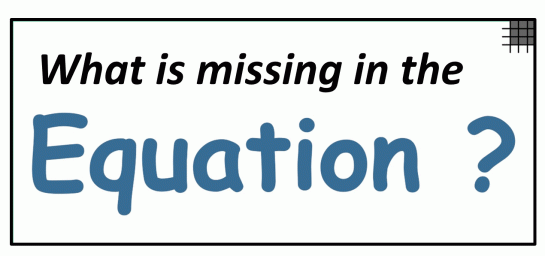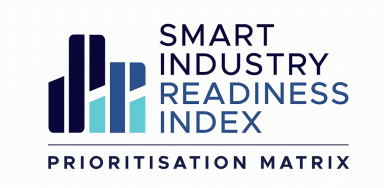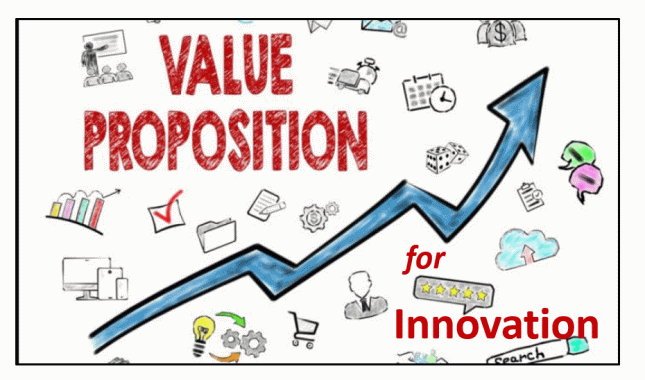 We all see around us increasing disruption caused by digitalization. The powerful effects of digitalization are opening up different business opportunities, the chance to design different business models and get far closer to the ultimate need, to understand the customers wishes from the products and services they are wanting to buy.
We all see around us increasing disruption caused by digitalization. The powerful effects of digitalization are opening up different business opportunities, the chance to design different business models and get far closer to the ultimate need, to understand the customers wishes from the products and services they are wanting to buy.
We are seeing a very distinctive advantage in embracing digitalization into innovation. The potential of combining digitalization and innovation insights offers significantly more potential for sustaining growth and building a greater connection into the needs of our customers.
Much of our innovation work today is caught up in out-of-date information, poor and inadequate data, restricted research and limited market understanding. Our innovation insights are badly lagging, with the effect being the solutions offered are not ‘tuned’ into the present and anticipated needs, as they often lack dynamic data. We need to digitize our innovation activities fully.
We need to ditch much of our existing innovation processes and practices, reliant on manual systems and so often trapped in silos of knowledge. Digitalizing innovation processes can potentially liberate us from ‘second-guessing’ customer needs and connect us into real-time understanding. This being ‘digitally connected’ can provide the catalyst to a greater level of innovative solutions that are far more aligned to customer and market needs.
Why does the combination of digitalization and innovation have such a transforming effect?
Continue reading “Valuing digitization alongside innovation”

 We need to know how to unlock the real value of innovation both personally and within the organization, we work for. If we do not fully understand where the innovation capital comes from, how new capital and stock can be provided, innovation will remain tentative, always stuttering along.
We need to know how to unlock the real value of innovation both personally and within the organization, we work for. If we do not fully understand where the innovation capital comes from, how new capital and stock can be provided, innovation will remain tentative, always stuttering along.





